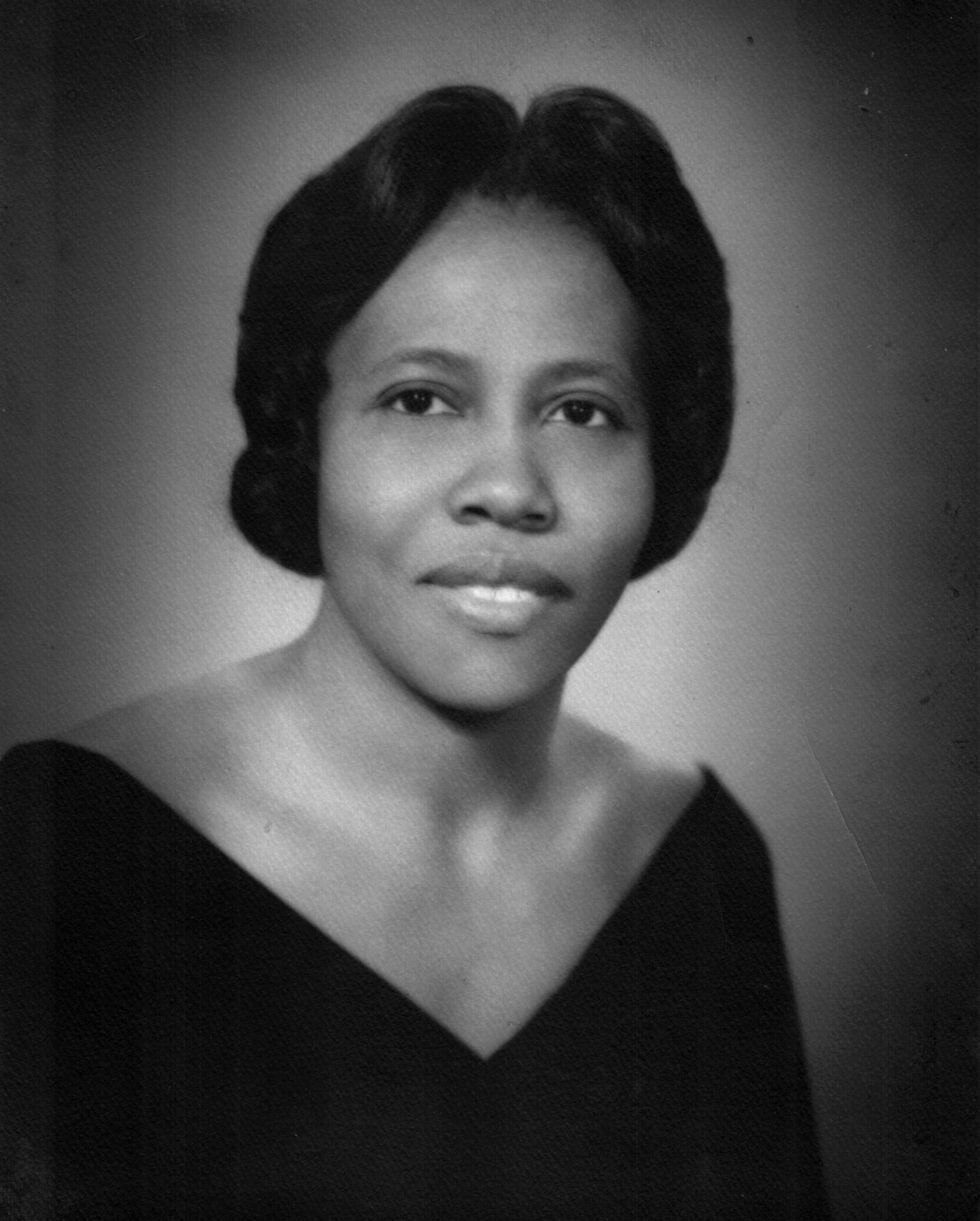Josephine Ebaugh Jones was a community activist and possibly the first Black woman in management at a Fortune 500 company. Born to sharecroppers Anna Nance and Scott Ebaugh on July 30, 1920, in Cross Hill, South Carolina, Josephine arrived in New York City in 1946 as a cook in private homes. She began working for Taylor Maid, a temporary agency which supplied maids and cooks to families throughout the city, in 1951.
Although the Social Security Act was passed in 1935, domestic workers such as Josephine only began receiving payments in 1951. By 1952 she was married to Len Jones, and the following year they became parents to their daughter, Wendy.
The marriage to Jones did not last and by the end of 1953 the couple had separated. Taylor Maid asked Josephine to fill a two-week vacancy at Standard Brands, working in the employees’ cafeteria, which Jones refused because she could not leave her new baby, so the company hired a babysitter for her. That two-week assignment lasted 31 years.
Standard Brands (now Kraft Foods) sold Chase & Sanborn Coffee and Royal Gelatin, among other products. Jones changed the cafeteria’s operating system: instead of ordering food from a vendor, the cafeteria now made light lunches in-house. She earned a dietitian’s certificate in 1966 from the now-defunct New York Institute of Dietetics and in 1967 became the first Black food services manager at Standard Brands, serving nearly 300 people daily.
In 1974, Jones took a New York University (NYU) course: “How to Buy a Brownstone.” The next year she handed her notes to her daughter, Wendy, by then a Yale graduate, with one request: “find us a house!” Jones bought an 1887 Harlem brownstone in 1976. Once in their new residence, Jones organized residents to assist in block-wide clean ups. She also headed a Civilian Block Patrol in the 1990s that alerted police to illegal drug activity.
Jones participated in protests, along with Michael Henry Adams, an architectural historian and then-president of the Upper Manhattan Society for Progress through Preservation, and other residents, to preserve historic Harlem. Despite their efforts, in 2002 Abyssinian Development Corporation established the Thurgood Marshall Academy on the former site of the legendary Smalls’ Paradise night club.
The history of Jones’s brownstone along with an interview are included in the architectural history, “Harlem: Lost and Found” by Michael Henry Adams, published in 2001. Jones and her brownstone also appear in the 2003-2004 Museum of the City of New York’s “Harlem: Lost and Found” exhibit curated by Mr. Adams. In 2002, Jones was interviewed as part of George C. Wolfe’s Harlem Song, a musical depicting Harlem’s history in song, dance, and film, which opened at the Apollo that year.
Josephine Ebaugh Jones died aged 97 on December 10, 2017, in a New Jersey assisted living facility near her daughter’s family. She donated her body to NYU medical school.

